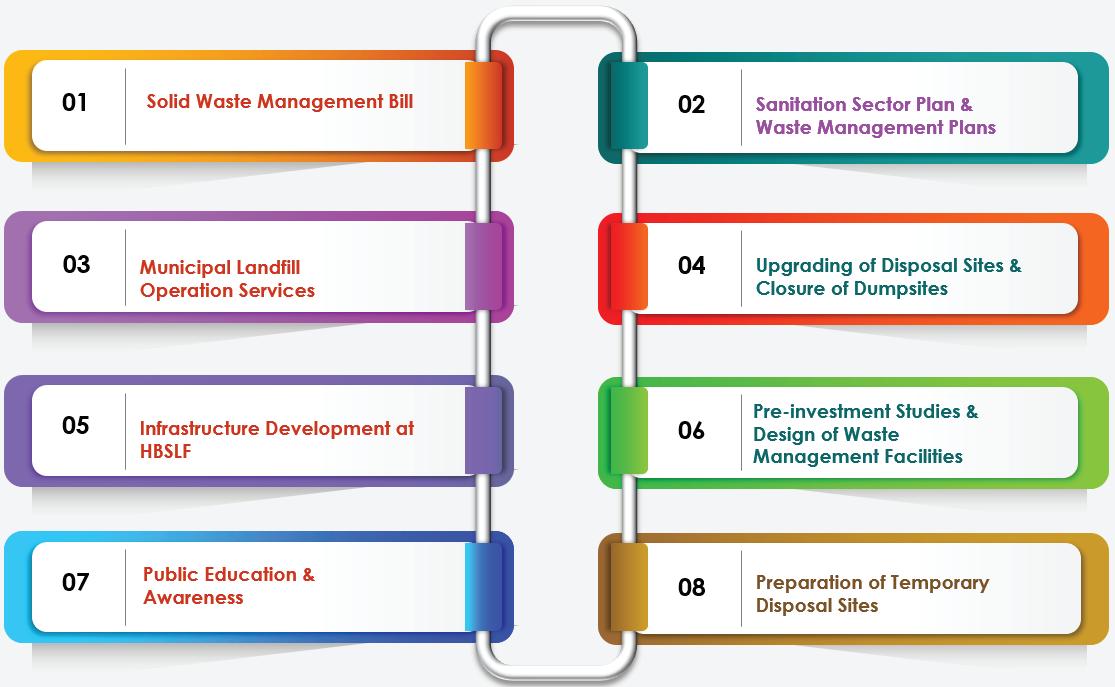Single Use Plastics & alternatives Shannia Persaud
On the 20th May, 2021, the Georgetown Chambers of Commerce and Industry (GCCI) held a webinar in observance of World Biodiversity Day which tackled Single Use Plastics and its Alternatives. The webinar was hosted by the Chairperson of the GCCI’s Green Economy Committee, Ms. Shaleeza Shaw. The webinar commenced with the first panelist Ms. Aretha Forde, Environmental Officer in the communications department at the Environmental Protection Agency (EPA). She has held this position for a decade which gave incredible insight to the plastic problem in Guyana. Single use plastic are items intended to be used once, as the name suggests. They are less than 35 microns thick, made of polyethylene and very difficult to recycle or cannot be recycled at all. Many persons believe that plastics can be easily recycled once thrown away but in reality, it is the complete opposite. It is much easier and less expensive to produce virgin plastic material than to recycle used plastic. Solid waste management, especially of plastic is a pressing issue in our country. There are countless times when we hear our capital city, Georgetown- what was once the beautiful ‘Garden City’, being referred to as the ‘GARBAGE CITY’. This is partly due to the fact of the non-biodegradable waste in the city’s plastics.
The number of marine life killed by single use plastics continues to increase each year. In a study by the World Economic Forum, it is predicted that there will be more pieces of plastic of plastic in the ocean than fish. The Great Pacific Garbage Patch lies in the middle of the ocean measuring three times the size of France. However, there are ways to avoid this. Ms. Forde invited the public to participate in coastal cleanups and educate yourselves on the global environmental issues to see how you can help. For more information on how you can participate in eradicating our plastic problem, you can check the EPA’s website and social media platforms.
The ban on single use plastics was approved in 2018, but has not been fully implemented in the constitution. However, since the application of plastic is so wide and necessary in our daily lives, not every plastic material can be banned. Plastics used to package certain perishable foods and medical equipment are just a few to be excluded. The list of items included on the proposed plastic ban are plastic bags, cutlery, bottles, straws, cups and certain food containers. So, why should we want to ban plastics? • They are made from fossil fuels • Plastics have a huge carbon footprint which contributes to climate change • Plastics do not biodegrade (lasts for centuries) • Only a very limited amount of plastic products can be recycled • Plastics pollute land and water • Plastics kill thousands of marine life and birds • Plastics enter our food chain, causing hormone disruption and cancers
The next panelist, Ms. Shannia Persaud, environmental science student and hostess of the TV show, “The Empower Hour” presented on the Alternatives to Single Use Plastics. It is evident that we live in a consumeristic world where most people want to buy the cheapest and most conventional items. Single use plastics fit into those categories perfectly. However, it is extremely detrimental to the health of planet and its population.
GREEN GUYANA - ADVANCING SUSTAINABLE DEVELOPMENT
31
























